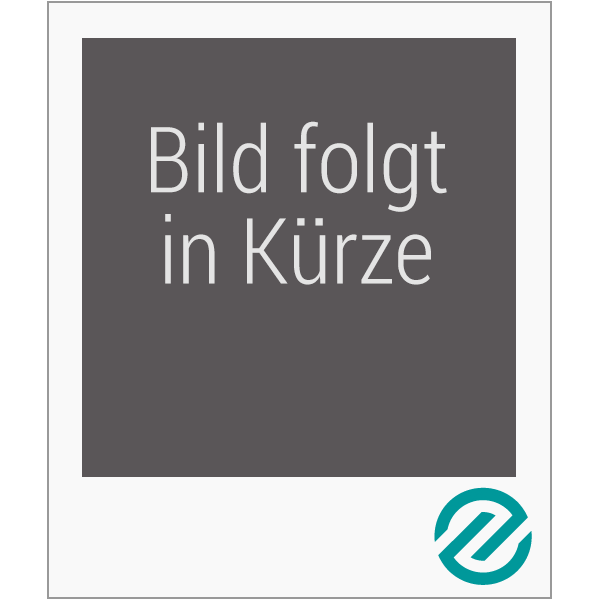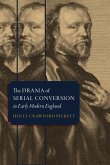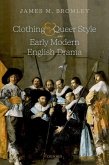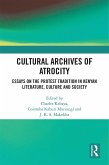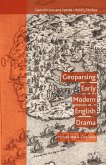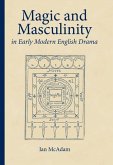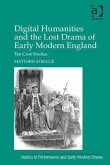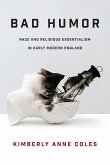Extreme violence scarred the early modern period. Contemporary commentators grappled to find language to categorise the massacres, genocides, assassinations, enslavements, sacks, rapes, riots, and regicides that informed the times. Some used 'outrages', others 'cruelties'; but significantly, the early modern period gave rise to the term we use today to define these acts collectively: 'atrocity'. Atrocity and Early Modern Drama intervenes in the broad field of violence and early modern drama by placing acts of atrocity at its centre. In doing so, this essay collection offers the first book-length examination of atrocities and early modern drama. Progressing across three sections, the volume spotlights different forms of, and contexts for, atrocity in early theatre, their varied representations in contemporary Shakespeare performance, and strategies for teaching early modern atrocity drama in the context of more recent atrocities. Atrocity and Early Modern Drama considers atrocity in the work of multiple playwrights - including Shakespeare, Thomas Dekker and Thomas Middelton, John Fletcher and George Peele - and across a wide variety of genres and forms - from comedy, tragedy and revenge, to cinematic adaptation, documentary film and contemporary theatre. Its final section provides innovative race- and gender-informed approaches to teaching the subject through text and performance. By making visible strikingly fraught but often overlooked atrocious encounters, the collection addresses the intersections of atrocities with issues of class, crime, gender, race, and the natural world. Together, the chapters interrogate how early modern drama reflects upon and shapes understandings of the historically contingent, politically loaded, and culturally contentious phenomena of atrocity.
